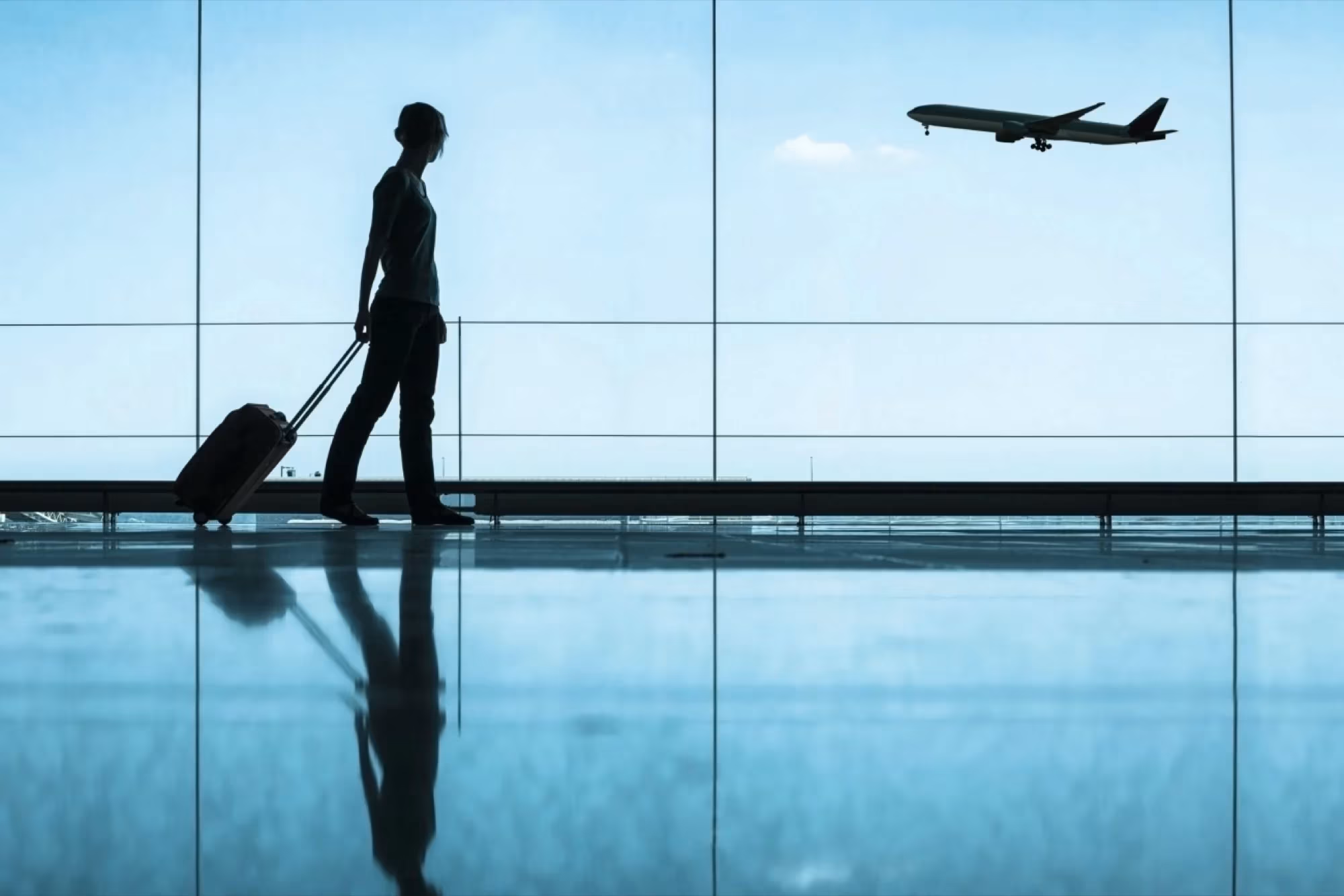Traveling for the first time is exciting, empowering, and a little overwhelming. Many new travelers make the same avoidable mistakes, often due to inexperience, fear, or too much confidence. If you’re planning your first big trip, recognizing these pitfalls in advance can make all the difference. From how you pack your bag to how flexible you are with your plans, every choice shapes your experience. In this article, we’ll explore the 5 most common mistakes first-time travelers make, and more importantly, how to avoid them with practical, field-tested advice.
Overpacking or Underpacking
Overpacking is a classic beginner’s mistake. New travelers often bring far more than necessary, filling their bags with items “just in case.” Unfortunately, this leads to excess baggage fees, limited mobility, and increased stress during transits. On the flip side, underpacking—especially forgetting essentials like chargers, documents, or weather-appropriate clothing—can quickly become a logistical nightmare. The sweet spot lies in strategic packing. Focus on versatile clothing, neutral colors, and multi-purpose items. Stick to the “one-week rule”: pack clothes for 7 days, then plan to do laundry. Use a travel-sized toiletries kit, and always check the weather and local customs before finalizing your list. A printed packing checklist can help, especially for carry-on-only trips.
Skipping Research and Planning
Some travelers love spontaneity so much they neglect basic preparation. However, skipping research is one of the most costly mistakes a first-timer can make. Missing visa requirements, arriving during a local holiday, or not knowing how local transport works can disrupt your trip before it starts. To avoid these issues, research visa rules, safety alerts, cultural customs, and local etiquette. Find out whether you can drink tap water, what the tipping norms are, and how transportation systems work. Planning your itinerary too tightly is also a trap—so instead, build in buffer time and let curiosity guide some of your days. We suggest creating a travel folder with screenshots of addresses, booking confirmations, and offline maps.
Ignoring Travel Insurance
Many first-time travelers see travel insurance as optional, not essential. This assumption often changes after a missed flight, a lost bag, or a trip to a foreign hospital. Emergencies abroad are expensive and often unpredictable. A solid insurance policy can cover medical emergencies, cancellations, theft, or lost luggage. Even low-cost policies offer peace of mind that is worth the small investment. For solo travelers or long-term trips, it’s even more critical. Always read the policy details, especially the exclusions. Depending on your destination and activities, consider coverage for adventure sports, electronics, or pandemic-related interruptions. Before purchasing, check out our beginner’s guide to travel insurance, where we compare providers based on destination, duration, and budget.
Not Trusting Instincts or Staying Safe
It’s easy to get caught up in the thrill of a new place, but safety should never be underestimated, especially when traveling alone. First-time travelers often ignore their instincts, say yes too quickly, or trust people without considering context. A good rule? If something feels wrong, it probably is. Listen to your gut. Keep digital and physical copies of your passport, store emergency cash in more than one location, and share your travel plans with someone back home. Avoid flashing valuables and be cautious in unfamiliar neighborhoods after dark. Also, don’t hesitate to walk away from a situation that feels off. Many of our safe solo travel tips apply even if you’re with a group—staying aware is key. Remember, you don’t need to be paranoid to be smart.
Being Too Rigid With the Itinerary
Overplanning is a hidden enemy of enjoyable travel. Many first-timers build itineraries that are packed from sunrise to sunset, leaving no time for rest, adjustment, or spontaneous exploration. The result is burnout, stress, and often disappointment when things don’t go exactly as planned. Travel, by nature, is unpredictable. Buses get delayed, museums close early, the weather changes, and you might fall in love with a spot you didn’t expect. That’s why flexibility is your best travel companion. Build a loose schedule, prioritize top activities, but allow space for the unexpected. Wandering through local markets, chatting with locals, or discovering a hidden café can become the highlights of your trip.
Frequently Asked Questions
Avoid overpacking unnecessary items like full-size toiletries, too many shoes, or clothing for unlikely scenarios. Stick to essentials, versatile outfits, and follow the 100ml rule for carry-on liquids. Overpacking leads to extra fees and stress during transit.
No, travel insurance is strongly recommended, even for short trips. First-time travelers often overlook this, but insurance can save you thousands in case of medical emergencies, cancellations, or theft. Think of it as essential protection, not a luxury.
You should research visa requirements, currency, cultural customs, and local transport before departure. While flexibility is valuable, skipping all planning can lead to avoidable problems like booking issues, lost time, or unnecessary expenses.
Listen to your instincts, keep documents and emergency cash in multiple places, avoid isolated areas after dark, and don’t share your full itinerary with strangers. Read our guide on solo travel safety for practical advice that works in any destination.
Use the “one-week + laundry” rule. Pack clothing for 7 days, focus on neutral colors and layers, and bring travel-sized containers. A digital checklist or packing app helps avoid forgetting essentials while keeping your bag light and organized.

